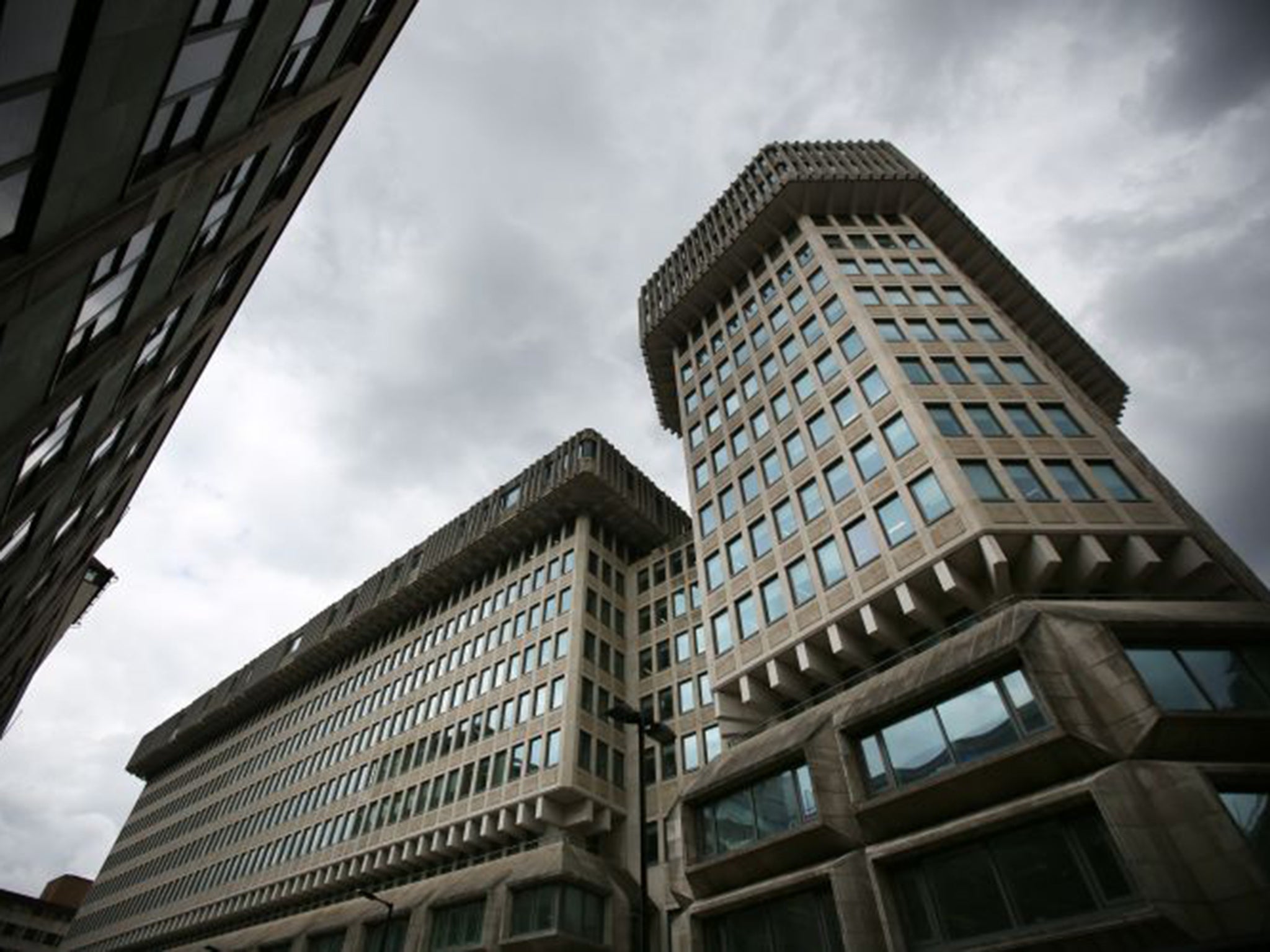Tax tribunal charges would deter the poorest from getting justice, lawyers warn
MoJ proposed tribunals should charge up to £2,000 to contest HMRC decision
Your support helps us to tell the story
From reproductive rights to climate change to Big Tech, The Independent is on the ground when the story is developing. Whether it's investigating the financials of Elon Musk's pro-Trump PAC or producing our latest documentary, 'The A Word', which shines a light on the American women fighting for reproductive rights, we know how important it is to parse out the facts from the messaging.
At such a critical moment in US history, we need reporters on the ground. Your donation allows us to keep sending journalists to speak to both sides of the story.
The Independent is trusted by Americans across the entire political spectrum. And unlike many other quality news outlets, we choose not to lock Americans out of our reporting and analysis with paywalls. We believe quality journalism should be available to everyone, paid for by those who can afford it.
Your support makes all the difference.Plans to impose court fees on anyone opposing the tax office at tribunal would deter the poorest from getting justice, leading lawyers say - amid a growing outcry against an array of Government-imposed court charges.
Any taxpayer who disputes a ruling from Her Majesty’s Revenue and Customs (HMRC) can appeal the decision to a tribunal which is independent of Government.
But now the Ministry of Justice has proposed that the first tier and upper tribunals should charge up to £2,000 for contesting an HMRC decision. Lawyers and tax experts have expressed their outrage at the plans. In submissions to a consultation on the issue which closed this week, they argue the court fees would make HMRC less accountable and discourage those with good cases from taking action.
In recent weeks, The Independent has reported a swelling revolt within the criminal justice system at new fees that some say amount to a “tax on justice”. They include the compulsory “courts charge” handed to those found guilty of crimes, and high fees imposed on firms that want to lodge civil actions.

The tax tribunal charges are particularly controversial given HMRC’s new powers to collect disputed tax upfront, which may leave those trying to fight them in court without enough money to cover the fees to fight back. The new fees proposed by government range between £50 and £2,000, depending on whether or not the case goes to a full hearing - and how complex it is.
In the tax year to 2014, 17.4 per cent of decisions made by HMRC on review were overturned at the First Tier Tribunal. In its submission on the proposed changes the Law Society said it believes “higher fees may deter individuals from going to the tribunal and bringing legitimate challenges.”
Law Society president Jonathan Smithers said: “This feels like a heavy hand of the state. By introducing fees, the government is effectively attempting to impose a financial penalty for exercising a statutory right of appeal against its own tax demand.”
Chris Jones, president of the Chartered Institute of Taxation, said: “These proposals are counter-productive and wrong in principle. Rather than meeting the Government’s stated objectives [of delivering faster and fairer justice], the measures will increase bureaucracy and complexity, will fail to protect the most vulnerable taxpayers and are contrary to the interests of justice. The effect will be to deter some potential applicants, including many of modest means, and prevent them seeking access to justice when they have a perfectly good case.”
A Ministry of Justice spokeswoman said: “We recognise that fee increases are not popular but at every stage we have sought to protect the most vulnerable by ensuring they will not have to pay new and higher fees and by consulting on making the remissions scheme more generous.
“In tax tribunals, the fees will apply to whichever party brings the proceedings. Our consultation on these proposals closed this week and we will now consider all responses.”
Join our commenting forum
Join thought-provoking conversations, follow other Independent readers and see their replies
Comments